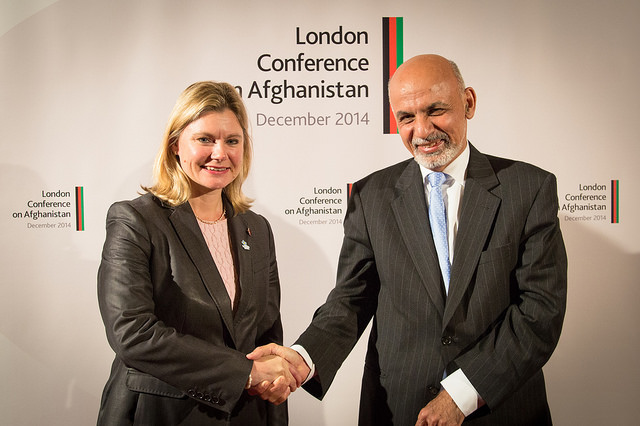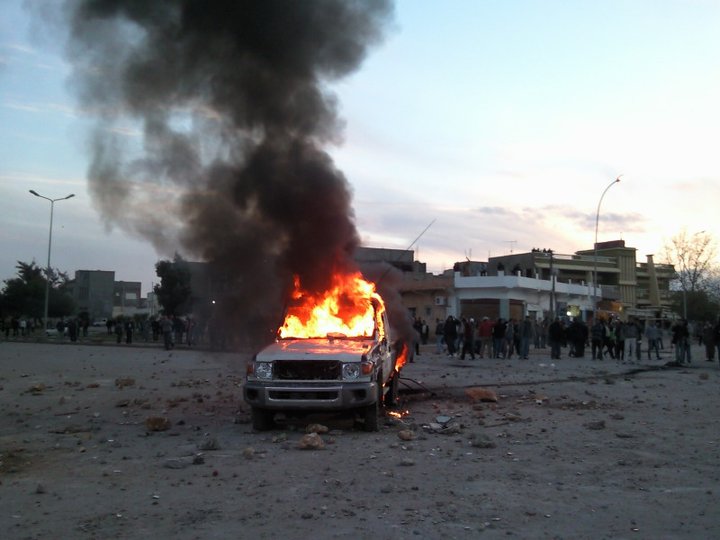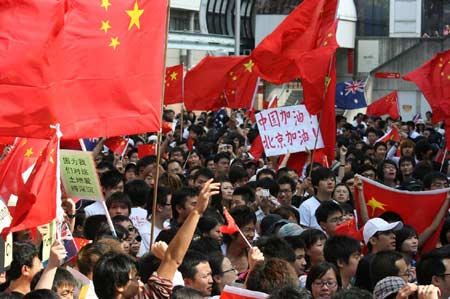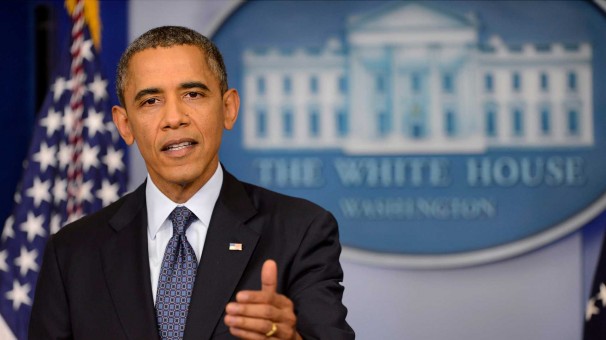W
hen Ashraf Ghani was elected President of Afghanistan in June 2014, he inherited a country rife with corruption, poverty, and widespread instability. As the successor to Hamid Karzai, who struggled to consolidate authority during his 13-year rule over Afghanistan, Ghani faces a variety of unprecedented challenges. After an extensive NATO-led mission which fell short of rebuilding Afghanistan in the wake of the Taliban’s ouster in 2001, the country will undoubtedly be an area of concern to those interested in international development and post-conflict reconstruction. Furthermore, having spent 12 years in Afghanistan, which cost the lives of 158 Canadian troops, Canada has a vested interest in ensuring that the country is able to prosper.

If anyone is qualified to lead Afghanistan out of its current predicament, it is Ghani. He boasts an impressive résumé which includes experience in academia, government, and the international sector, is a trained anthropologist with degrees from the American University in Beirut and Columbia University, and has taught at several elite institutions such as Berkeley and Johns Hopkins. Ghani has a wealth of experience in international development, having worked at the World Bank for over 10 years before joining the UN in Kabul as a special advisor. He also authored a celebrated book called Fixing Failed States, which draws from the knowledge he gained during his tenure as Finance Minister of Afghanistan from 2002 to 2004.
As a member of Karzai’s cabinet, Ghani quickly established himself as a brilliant policymaker and efficient bureaucrat, earning recognition from Emerging Markets as the best finance minister in Asia. He oversaw a number of successful reformssuch as the creation of a new Afghan currency, the introduction of a national budget, and the centralization of government revenue. He undertook aggressive measures to reduce corruption, firing several notorious officials and even refusing to transfer funds to the Defence Ministry after finding inconsistencies in its budget. Perhaps his most notable achievement as Finance Minister was the National Solidarity Program, which spurred rural development by transferring half a billion dollars in funding from the World Bank to over 20,000 Afghan villages. These accomplishments show that Ghani has a proven record of success in rekindling struggling economies.

A mountain of tasks
However, while Ghani’s electoral victory should encourage some optimism among the international community as it ponders Afghanistan’s prospects for the future, his job as President will be a tremendously difficult one. His most crucial task is that of establishing a self-sufficient economy, which Karzai neglected to do during his stint as President. Afghanistan’s GDP currently stands at $19 billion, of which over 60% consists of foreign aid. Moreover, another 20% of its GDP is generated through illicit opium production. This means that very little of Afghanistan’s wealth is created through legitimate economic activities, a situation that will have to be reversed in the interest of long-term sustainability and prosperity.
Another significant problem is that 68% of Afghanistan’s population is under the age of 25, and many of its youth are unemployed. Without tackling unemployment and presenting viable economic opportunities, Afghanistan will continue to remain vulnerable to a disillusioned population that has no choice but to resort to violence and crime in order to make a living. So far, Ghani has made a serious effort to address these issues, despite a bumpy start. Ghani has dismissed 62 generals in the Afghan military and has taken command of billions of dollars of external funding to ensure that none of it is lost through corruption. Furthermore, Ghani has taken enormous strides to address the threat posed by the Taliban, which is perhaps the greatest obstacle to peace in Afghanistan. In May, the intelligence agencies of Afghanistan and Pakistan agreed to exchange information about the Taliban and improve cooperation. Ghani also issued a letter to Pakistan urging it to fight Taliban militants more aggressively in order to minimize the insurgency near the Afghan border.
Recognizing the need for self-sufficiency, Ghani has also taken measures to fuel economic growth in Afghanistan. The country has an estimated $1 trillion in mineral wealth, and the US is providing it with almost half a billion dollars in order to exploit this opportunity. This activity could produce as much as $2 billion in income for Afghanistan each year. Additionally, the new Afghan administration has sought to bolster ties with regional powers. Ghani envisions Afghanistan as a crucial transportation and trade link between Central and South Asian economies. In pursuit of this, the Afghanistan Chamber of Commerce and Industries recently announced a tentative agreement to construct an inexpensive trade route between China and Afghanistan along the Wakhan Corridor. China has also pledged $3 billion to develop a copper mine near Kabul, and the China National Petroleum Company has secured a deal to expand oil fields in northern Afghanistan. These investments bode well for Afghanistan’s future, but Ghani must also take steps to diversify the country’s economy. Moreover, it is also important for Afghanistan to develop its own industries so that it can eventually wean itself from foreign influence.
While Afghanistan’s path to development will be challenging, Ghani’s presidency has shown promise for the future. The greatest obstacles to the country still lie ahead, especially since the US military seeks a total withdrawal from Afghanistan by the end of 2016. Whether Ghani will be able to hold his country together without American assistance is unclear, but so far he has proven worthy for the task.




